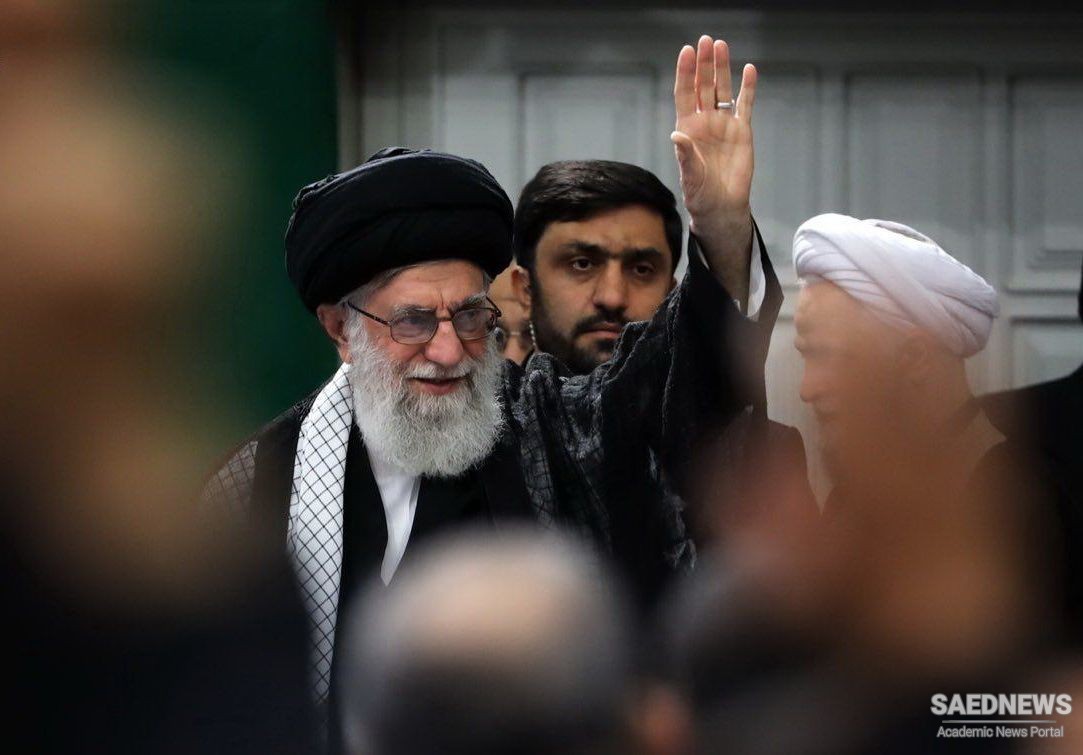Indeed, there are two essential qualities in a believer: he executes justice whenever necessary, with the utmost force and decisiveness and without exhibiting the least trace of feeling; and he displays the utmost love and solicitude whenever they are called for. In these two ways, the believer comes to serve as a refuge for society. Society, with both Muslim and non-Muslim members, will achieve security and tranquility as the result of government exercised by believers, and everybody will live in ease and without fear. The fact that men in our age live in fear of their rulers is because existing governments are not based on law; they are a form of banditry. But in the case of a government headed by someone like the Commander of the Faithful (‘a), that is, in the case of an Islamic government, only the traitors and oppressors those who transgress and encroach on the rights of their fellows suffer fear; for the public at large, fear and anxiety are nonexistent.
In the second of the two verses we have quoted, God Almighty says: “O you who believe, obey God and obey the Messenger and the holders of authority among you” (4:59). According to a certain tradition, the beginning of the first verse (“return trusts to their owners”) is addressed to the Imāms (‘a), the next part of that verse, concerning rule with justice, is addressed to those who exercise command, and the second verse (“O you who believe…”) is addressed to the entire Muslim people. God commands them to obey Him by following his divine ordinances, and to obey His Most Noble Messenger (s) as well as the holders of authority (i.e., the Imāms) by adhering to their teachings and following their governmental decrees.
I have already said that obedience to the commands of God Almighty is different from obedience to the Most Noble Messenger (s). All the ordinances of divine law, whether or not they relate to worship, are the commands of God and to implement them is to obey God. The Most Noble Messenger (s) did not issue any commands concerning prayer, and if he urged men to pray, it was by way of confirming and implementing God’s command. When we pray, we too are obeying God; obeying the Messenger is different from obeying God.
The commands of the Most Noble Messenger (s) are those that he himself issued in the course of exercising his governmental function, as when, for example, he commanded the Muslims to follow the army of Usāmah,80 to protect the frontiers of the Islamic state in certain way, to levy taxes on certain categories of people, and in general to interact with people in certain prescribed ways. All of these were commands of the Prophet (s). God has laid upon us the duty of obeying the Messenger (s). It is also our duty to follow and obey the holders of authority, who, according to our beliefs, are the Imāms (‘a). Of course, obedience to their governmental decrees is also a form of obedience to God. Since God Almighty has commanded us to follow the Messenger (s) and the holders of authority, our obeying them is actually an expression of obedience to God.


 Ruling Jurist and Social Justice
Ruling Jurist and Social Justice














































